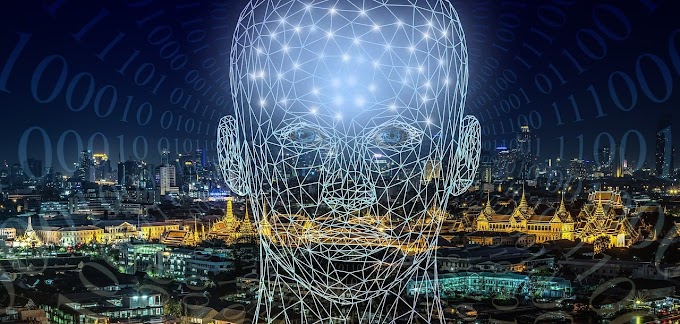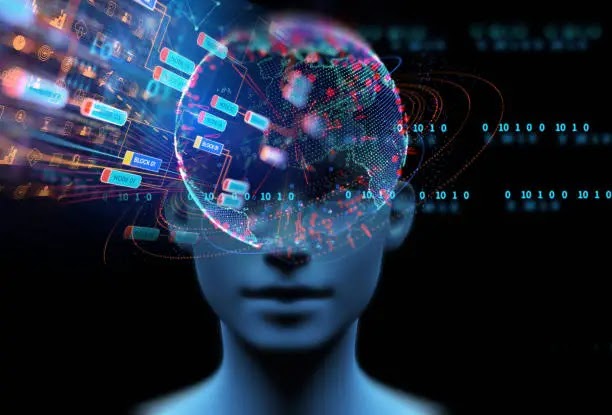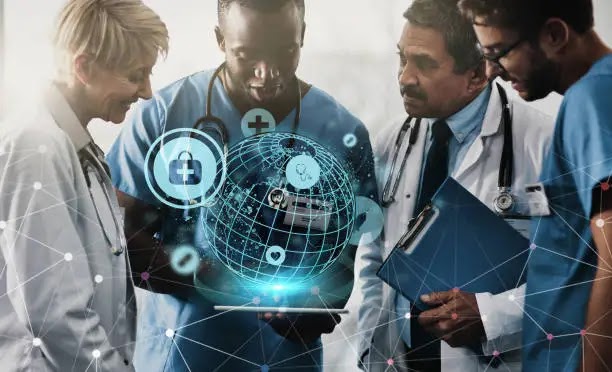Revolutionizing Healthcare
In a world where technology continues to evolve at an astonishing
pace, artificial intelligence (AI) is making remarkable strides in revolutionizing the field of healthcare. Gone are the days when medical diagnoses relied solely on human expertise and experience. Today, AI is playing a pivotal role in transforming the way we diagnose and treat diseases, leading to faster, more accurate, and accessible healthcare solutions for everyone. In this blog post, we'll explore how AI is reshaping the healthcare landscape, making it more efficient, precise, and human-friendly.
Understanding the Power of AI in Healthcare
Artificial intelligence in healthcare refers to the use of advanced algorithms and machine learning techniques to analyze vast amounts of medical data, from patient records to medical images, in a way that was once humanly impossible. Here's how AI is making a difference:
Early Disease Detection:
AI-powered algorithms can sift through mountains of patient data and spot subtle patterns that might indicate the early stages of a disease. This enables healthcare providers to diagnose conditions like cancer, diabetes, and heart disease at their earliest and most treatable stages.Personalized Treatment Plans
No two patients are the same, and AI recognizes this fact. It can analyze an individual's genetic makeup, medical history, and lifestyle to create personalized treatment plans. This tailored approach ensures that patients receive the most effective care with fewer side effects.Speedy Diagnosis
AI can process medical images like X-rays, MRIs, and CT scans in a matter of seconds, allowing doctors to make faster and more accurate diagnoses. This speed can be a game-changer in emergency situations.Reducing Human Error
Even the best doctors can make mistakes, but AI systems are designed to minimize errors by providing additional insights and double-checking medical decisions.Telemedicine and Remote Monitoring: AI is making healthcare more accessible by enabling telemedicine consultations and remote monitoring of patients. This means that people in remote areas or with limited mobility can receive quality healthcare without the need for physical visits.
The Future of Healthcare with AI
The future of healthcare is bright with AI at the forefront. Here are some exciting possibilities:
Drug Discovery: AI can analyze vast datasets to accelerate drug discovery and development, potentially leading to more effective treatments for a wide range of diseases.
Predictive Healthcare: AI can predict disease outbreaks and epidemics by analyzing global health data, helping us prepare and respond more effectively.
Robotic Surgery: Surgical robots guided by AI are increasing precision and reducing recovery times.
Artificial intelligence is not just transforming the way we diagnose and treat diseases; it's redefining the entire healthcare landscape. With its ability to improve accuracy, speed up diagnoses, and provide personalized care, AI is a powerful ally in the fight against diseases. As technology continues to advance, we can expect even more innovations that will make healthcare more accessible, efficient, and human-friendly than ever before. So, the next time you visit a doctor or undergo a medical test, remember that AI might just be working behind the scenes to ensure you receive the best possible care.






